Escalation reveals Vladimir Putin is getting desperate
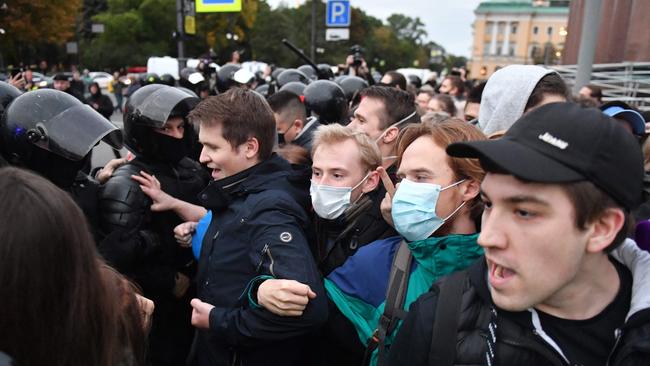
He gave a clue to his future behaviour in his ghosted autobiography 22 years ago. As a kid in the tenements of Soviet Leningrad, he recalled, he and his gang would chase rats with sticks. One day he chased a huge rat to the end of a corridor. “Suddenly it lashed around and threw itself at me,” he wrote. “Now the rat was chasing me.” The young Putin jumped over a landing and just managed to slam the door on the nose of the pursuing rodent.
His extraordinary speech tried to present Russia’s predicament in similar terms. The West, he claimed, was attempting to dismember Russia (reality check: Russia is striving to weaken and undermine western unity).
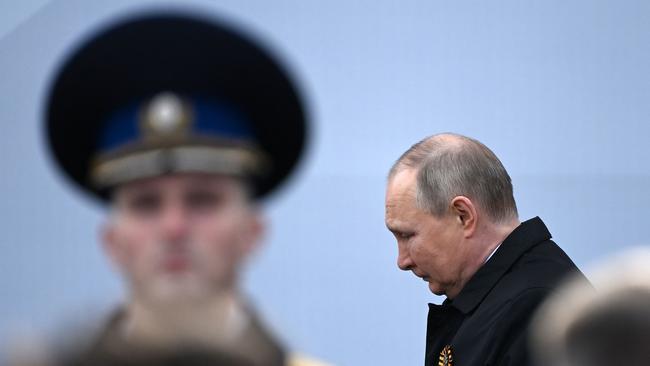
Moreover, he claims, the West is using nuclear blackmail against Moscow (reality check: Putin threatens Ukraine and the West with a nuclear attack). It’s a Cold War-style inversion of reality. It is supposed to signal both a reluctance and a readiness for a showdown.
Above all it reflects Putin’s desperation. He has fought his wars, from Chechnya to Syria to Ukraine in 2014, and been able to boast of success. His personal popularity rose after each military adventure, even if his soldiers returned with limbs missing.
This time it’s different. The Ukrainians have surprised Moscow with their ability to integrate advanced western technology and adapt it to the country’s battlefields. In Putin’s eyes, that is turning Ukraine into a proxy NATO army. It raises the potential political damage of defeat.
Flights departing Moscow and St. Petersburg today. The @AP is reporting international flights departing Russia have either sold out or skyrocketed in price after Putin announced a mobilization of reservists.
— Flightradar24 (@flightradar24) September 21, 2022
Search SVO, VKO, DME for Moscow airports and LED for St. Petersburg. pic.twitter.com/LV2PrkwPD9
How can Russia project itself as a global leader if its armed forces cannot outwit a western-backed army on Russia’s borders? Putin is respected by China because of his willingness to deploy hard power. Without that, Putin is at best a diminished junior partner.
His speech was thus intended to banish the doubts of Putin’s allies more than to spread dismay in the West. He still steers clear of describing the conflict as a war. Wars end in victory or defeat. Special military operations can be halted at any time. War enables general conscription but such a call-up would change the political chemistry. Pollsters find that about 30 per cent of Russians oppose the war. A shift to a war footing would galvanise those who sympathise with Alexei Navalny, the jailed dissident leader. So he has opted for compromise in the form of mobilising 300,000 reserves and toughening laws that punish refuseniks.
There are two problems with this partial mobilisation. The first is that 300,000 is not enough to change the flow of battle. Some reserves may have fought in Ukraine in 2014 but the whole nature of war has changed since then.
The best they can do is relieve Russia’s exhausted forces and hold for a while the territories that will soon be annexed after sham referendums. Their actual function may be to slow down Ukrainian momentum and fight the Ukrainians into a standstill.
The second problem is that Russian nationalists are looking for a collapse of the Ukrainian government and the end of an independent Ukrainian state. The new troops won’t bring that about.
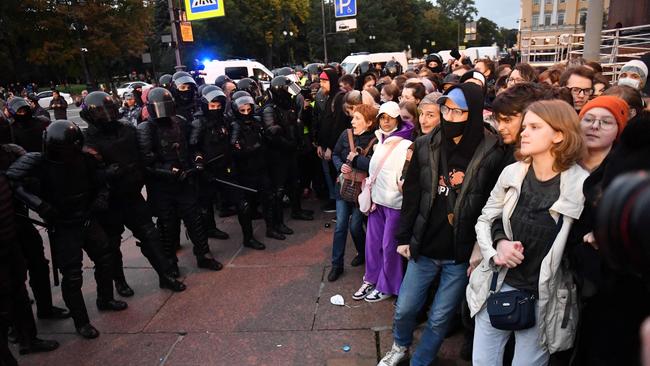
Putin’s threat of imposing a nuclear umbrella over the soon-to-be-annexed territories has to be seen, then, as a promise of sorts to the nationalists, a pledge that Moscow will defend a New Russia built on Ukrainian soil. Ukrainians will contest Donbas and Luhansk, nukes or no nukes. But President Biden, who constantly says he does not want the onset of a third world war, may restrict the flow of high-tech weapons that can hit Russian territory. That could cramp the Ukrainian style.
What Putin has achieved in this escalation is to muffle the criticism of his passivity. That is important in the coming succession struggle – not only has he to avoid defeat but he should also be seen as a gifted commander.
Nothing less will satisfy the Slav nationalists who might already sniff the possibility of finding a candidate to replace him. For them, for the likes of the propagandist and philosopher Alexander Dugin, who recently escaped an assassination attempt, there is the additional risk of Putin’s Russia becoming the junior partner of the Chinese.
Putin needs a victory rather than a long stand-off if he is to salvage his reputation as a supposed strongman and hold the Russian elites together.
The Times

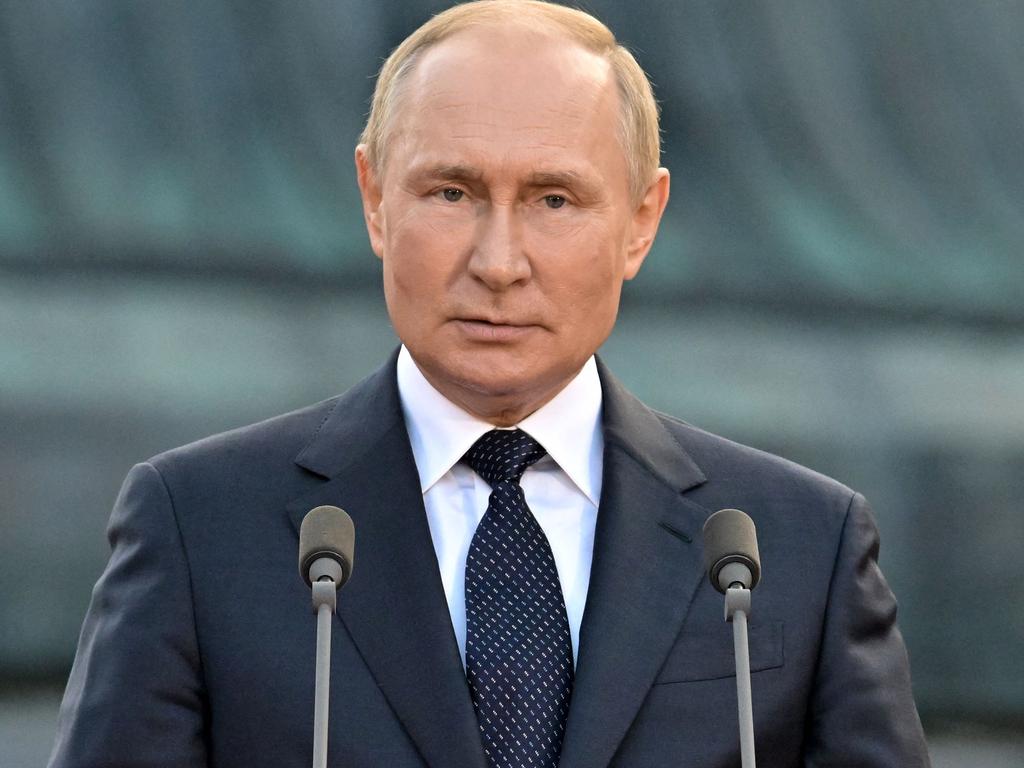
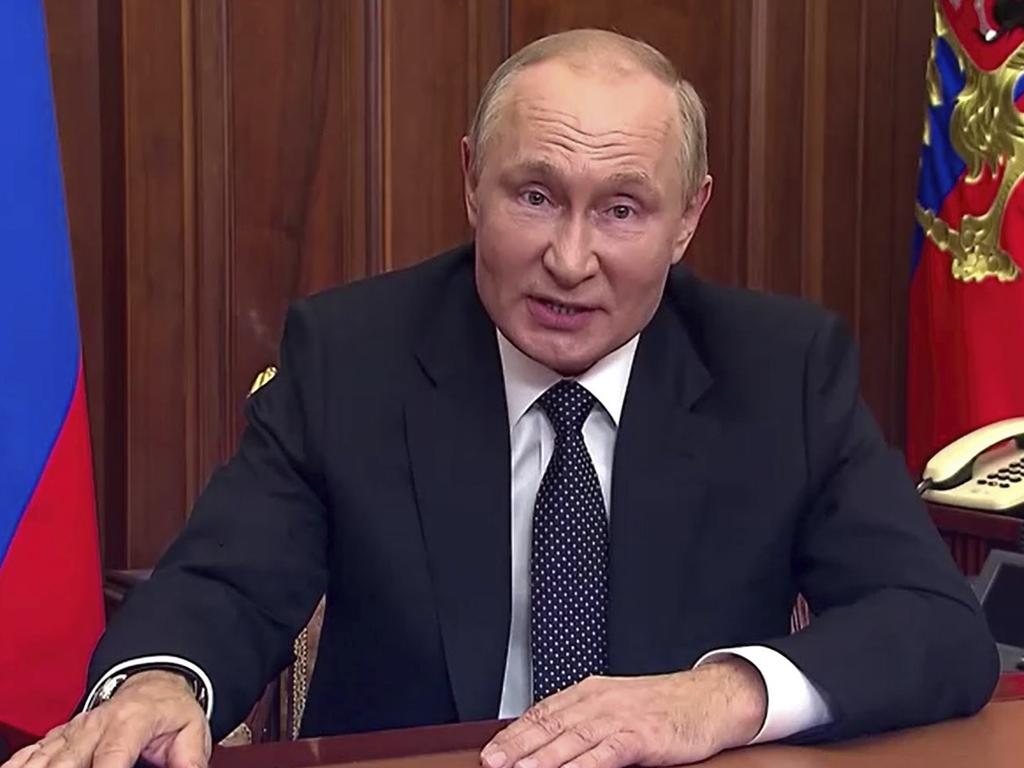
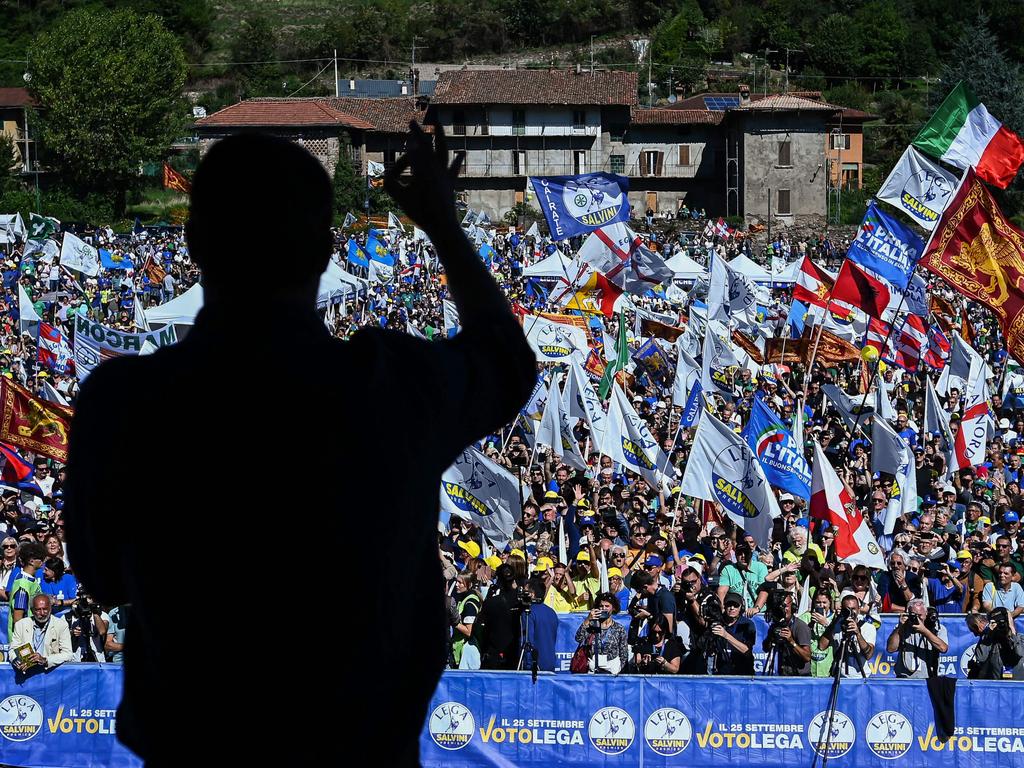


Putin is cornered. Squeezed between pro-war nationalists and a swelling anti-war sentiment among Russia’s metropolitan youth, confronted by battlefield losses in Ukraine and an increasing loss of face abroad, the Russian leader has chosen to escalate.